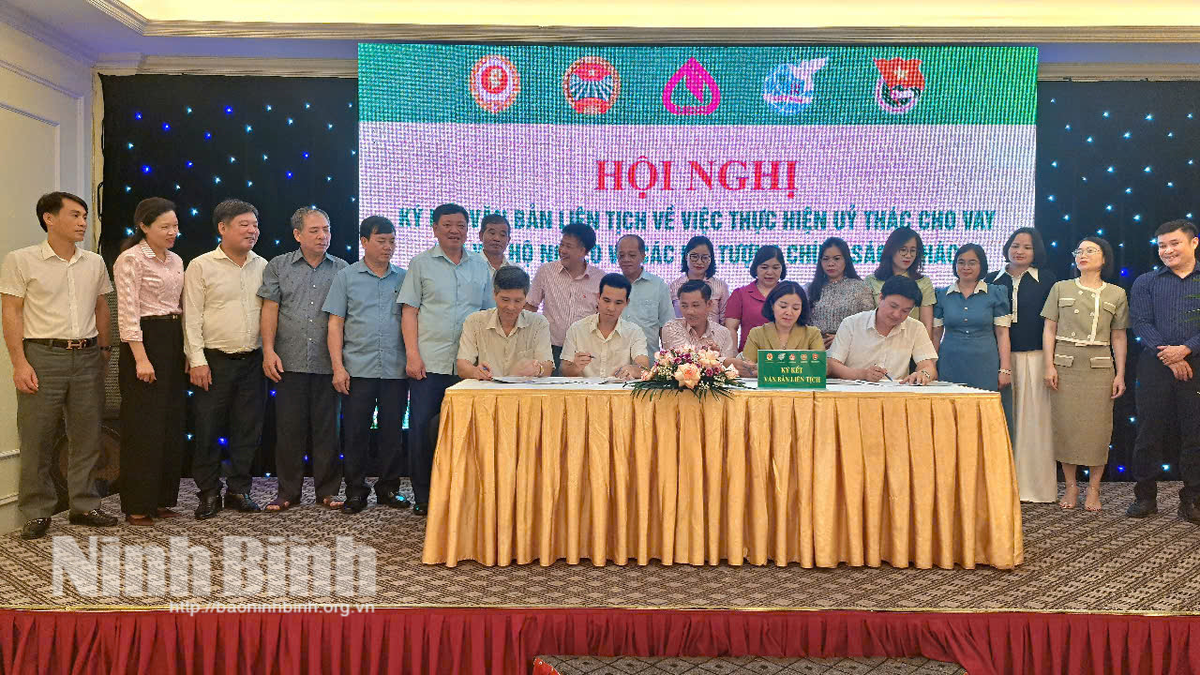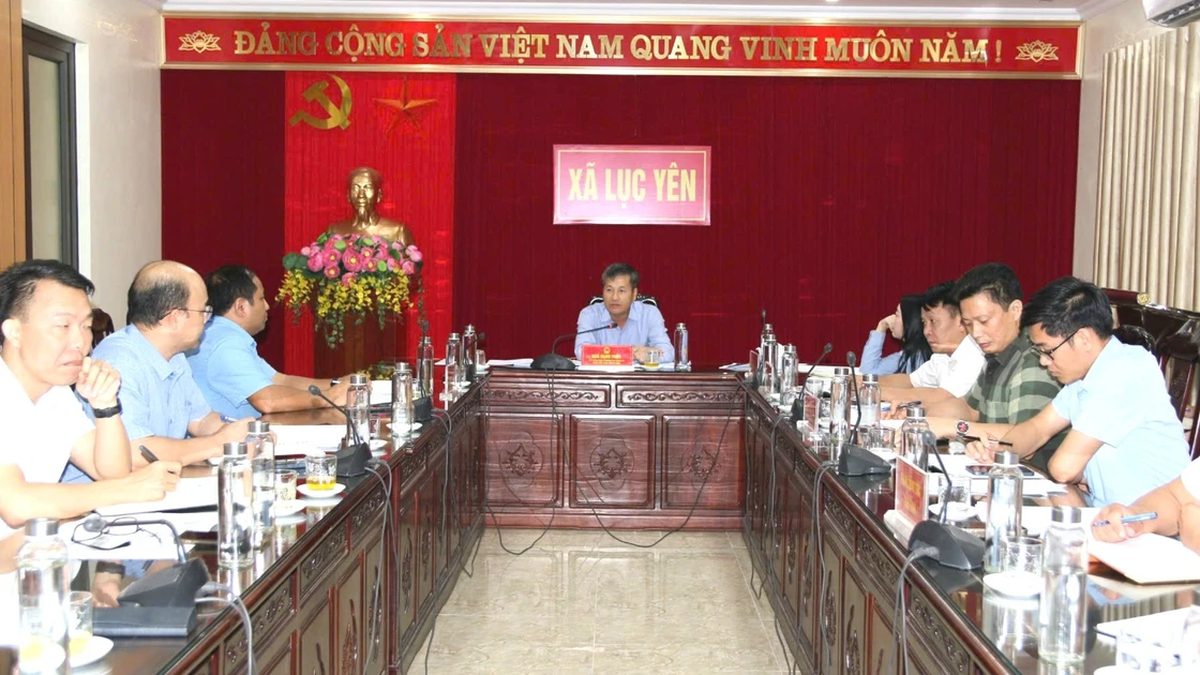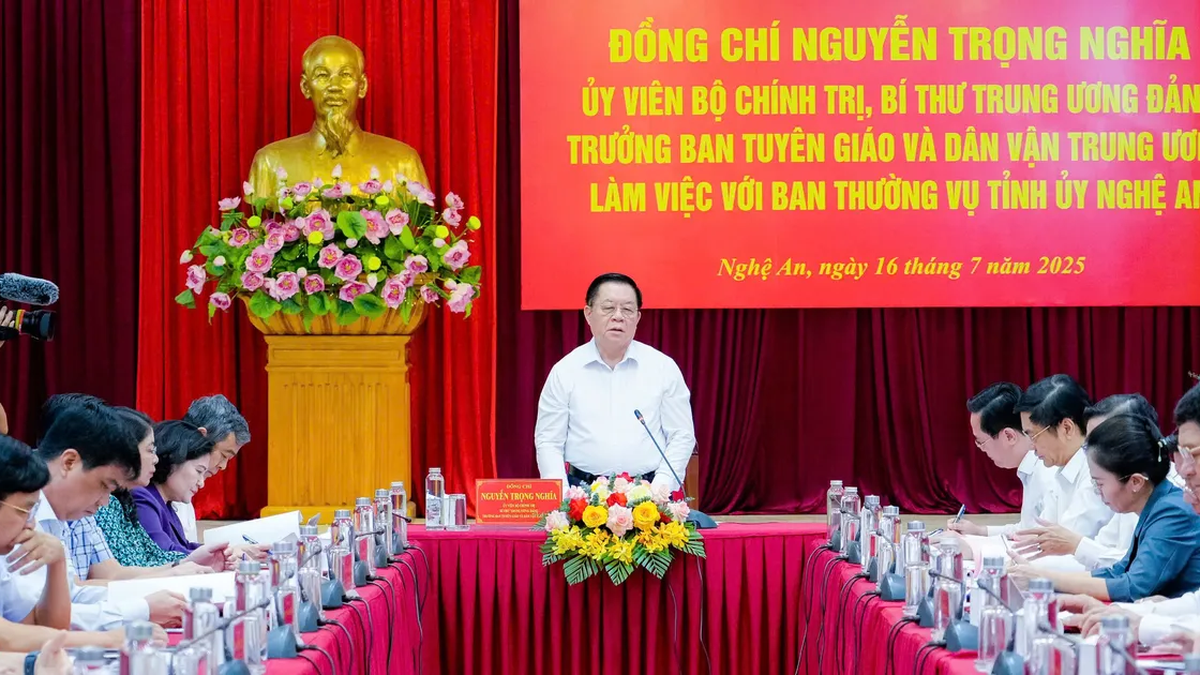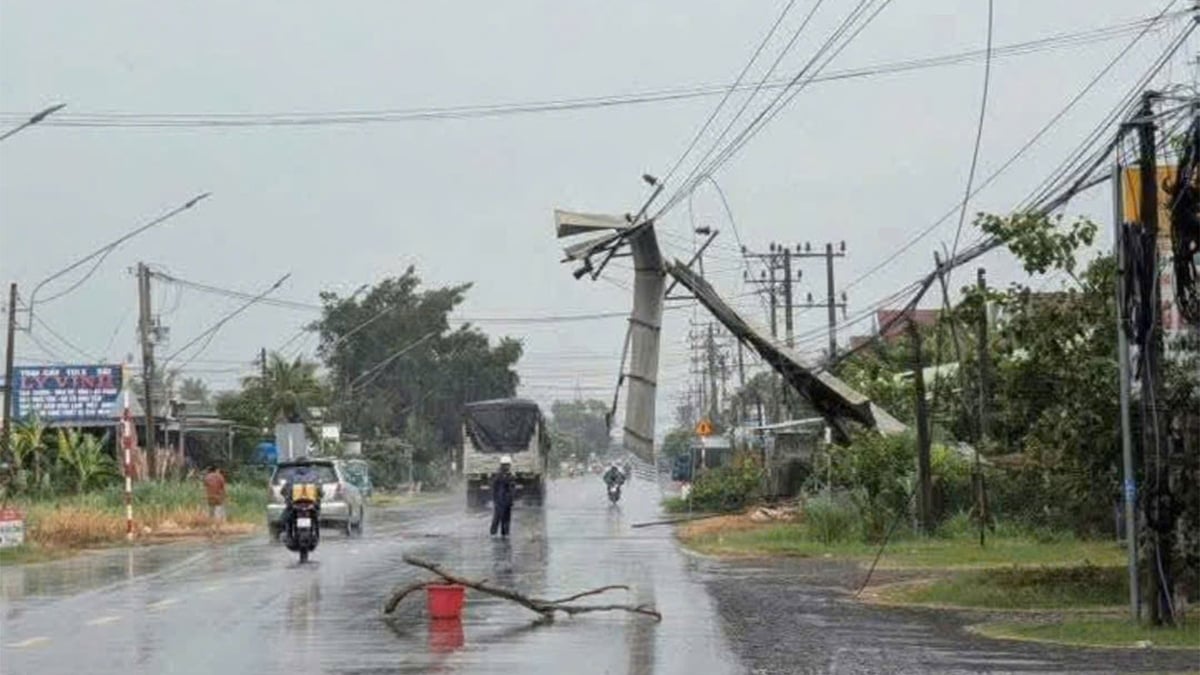Some main contents of the National Assembly 's Resolution on tax debt relief, late payment penalty debt relief, late payment interest for taxpayers who are no longer able to pay the state budget
On November 26, 2019, at the 8th session of the 14th National Assembly, the National Assembly passed Resolution No. 94/2019/QH14 on tax debt relief, late payment penalty debt relief, late payment interest for taxpayers who are no longer able to pay the state budget (hereinafter referred to as the Debt Settlement Resolution). The Resolution takes effect from July 1, 2020 and is implemented within 3 years from the effective date.
I. The necessity of developing and promulgating a Resolution
The necessity of issuing the Resolution is reflected in the following three main points:
- Firstly, in the practice of tax management activities in the past, tax authorities have implemented many measures to manage debt and collect tax debts according to the provisions of the Law on Tax Management. However, there are a number of taxpayers who have died, gone missing, lost civil capacity, lost the ability to pay, gone bankrupt, dissolved, no longer have production or business activities or suffered from natural disasters or force majeure. Tax authorities have fully applied debt collection measures according to the provisions of the Law on Tax Management, but taxpayers are no longer able to pay taxes to the State.
This outstanding debt has existed for many years, the late payment penalty and late payment fee calculated at 0.03%/day have increased over time (to date, the debt that cannot be paid to the budget accounts for 48.7% of the tax debt), but in reality, this debt is virtual debt, no longer collectible but there is no mechanism to handle the debt.
- Second, the current Tax Administration Law does not stipulate debt forgiveness, while debt cancellation for the three groups of subjects in the current Tax Administration Law must meet the condition of sequentially implementing debt enforcement measures and the tax debt must be 10 years old, leading to many shortcomings and impossibility . Meanwhile, in cases where taxpayers have died, gone missing, dissolved, gone bankrupt, stopped doing business, had their business licenses revoked, and in cases of natural disasters, force majeure or tax debts that have not been paid by the State... in reality, they are no longer able to pay the state budget, but still have to pay late payment penalties and late payment fees.
- Third, the Tax Administration Law No. 38/2019/QH14 passed by the National Assembly at the 7th session, effective from July 1, 2020, includes provisions on sanctions to handle debts for subjects who are no longer able to pay the budget, specifically provisions on tax debt deferral (in Article 83), tax debt cancellation, fines, late payment fees (in Article 85). However, according to the provisions of Article 152 of the Tax Administration Law No. 38/2019/QH14 , for taxes that are exempted, reduced, not collected, or have their debts canceled arising before July 1, 2020, they will continue to be handled according to the provisions of the current Tax Administration Law . Therefore, for debts that are no longer collectible arising before July 1, 2020, they will not be handled according to the Tax Administration Law No. 38/2019/QH14.
For the above reasons, it is necessary to report to the National Assembly to issue a Resolution to handle debts for those who are no longer able to pay the state budget, creating a legal basis to handle outstanding debts before July 1, 2020 so as not to create more virtual debts, late payment fines, late payment fees that cannot be recovered, and there are no more subjects to recover.
II. Main content of the Resolution
The Resolution consists of 8 Articles, including: Article 1. Scope of regulation; Article 2. Applicable subjects; Article 3. Principles of debt settlement; Article 4. Subjects eligible for debt settlement; Article 5. Debt settlement measures; Article 6. Authority, records, and procedures for debt settlement; Article 7. Responsibilities of relevant agencies and organizations; Article 8. Implementation provisions.
1. Scope of adjustment
Resolution regulating the tax debt freeze, cancellation of late payment fines and late payment fees arising before July 1, 2020 (the effective date of the Tax Administration Law No. 38/2019/QH14) for taxpayers who are no longer able to pay the state budget, including tax, late payment fines, late payment fees, and administrative fines in the field of tax and customs.
2. Applicable subjects
Subjects of application include: i) Taxpayers with tax debts who are eligible for tax debt cancellation, late payment penalty debt cancellation, and late payment interest cancellation as prescribed in Article 4 of this Resolution; ii) Tax administration agencies, tax administration officials, and persons with authority to handle debts as prescribed in the Resolution; iii) Relevant agencies, organizations, and individuals.
3. Debt settlement principles
Debt settlement must ensure compliance with the following principles:
- Firstly, ensure compliance with legal regulations, correct subjects, correct authority; ensure conditions, records, processes, procedures and responsibility of relevant individuals according to legal regulations.
- Second, ensure publicity and transparency; ensure inspection, examination and supervision by competent agencies, organizations and individuals, and supervision by the people.
- Third, Create conditions to remove difficulties for taxpayers; prevent, stop and strictly handle the abuse of policies for personal gain or intentional tax delay and debt.
- Fourthly , in case the competent authority or tax administration agency discovers that the debt rescheduling or cancellation is not in accordance with regulations or the taxpayer has had the debt rescheduled but returns to production or business or establishes a new production or business establishment, except for the subjects specified in Clause 6 and Clause 7, Article 4 of the Resolution, the debt rescheduling or cancellation decision must be cancelled and the debt that has been remitted to the state budget must be collected.
4. Debt settlement subjects
The subjects eligible for debt settlement are taxpayers who owe tax arrears, late payment fines, and late payment fees arising before July 1, 2020 and are no longer able to pay to the state budget, including 7 groups of subjects:
(1) The taxpayer is a deceased person, a person declared dead, missing or having lost civil act capacity by the Court;
(2) The taxpayer has a dissolution decision sent to the tax authority and the business registration authority to complete the dissolution procedures. The business registration authority has notified the taxpayer that it is completing the dissolution procedures on the national business registration information system, but the taxpayer has not completed the dissolution procedures;
(3) The taxpayer has filed a request to open bankruptcy proceedings or has been sued by a person with related rights and obligations in accordance with the provisions of the law on bankruptcy;
(4) The taxpayer is no longer operating at the business address registered with the business registration authority and the tax authority has coordinated with the People's Committee of the commune, ward or town where the taxpayer has its headquarters or contact address to check and verify information about the taxpayer not operating at the registered business address or contact address registered with the tax authority;
(5) Taxpayers whose business registration certificates, enterprise registration certificates, cooperative registration certificates, household business registration certificates, establishment and operation licenses or practice licenses have been revoked by competent authorities upon request of tax authorities;
(6) Taxpayers suffer material damage due to natural disasters, catastrophes, epidemics, fires, or unexpected accidents;
(7) Taxpayers supplying goods and services are paid directly from the state budget , including subcontractors specified in the contract signed with the investor and are paid directly by the investor but have not been paid .
5. Debt settlement measures
(1) Defer tax arrears from July 1, 2020 for the subjects specified in Clauses 1, 2, 3, 4 and 5, Article 4 of the Resolution.
(2) Cancel late payment fines and late payment fees owed before July 1, 2020 for the subjects specified in Clauses 1, 2, 3, 4 and 5, Article 4 of the Resolution:
- Debt cancellation conditions for each subject are as follows:
a) Taxpayers specified in Clause 1, Article 4 of the Resolution have a death certificate or death notice or a court decision declaring them dead, missing, or lacking civil capacity, or documents in lieu of a death notice as prescribed by law;
b) Taxpayers specified in Clause 2, Article 4 of the Resolution have a dissolution decision or a notice from the business registration authority that the taxpayer is carrying out dissolution procedures on the national information system on business registration;
c) Taxpayers specified in Clause 3, Article 4 of the Resolution have filed a request to open bankruptcy proceedings or the Court has issued a notice of acceptance of the request to open bankruptcy proceedings;
d) Taxpayers specified in Clause 4 and Clause 5, Article 4 of the Resolution are no longer engaged in production or business activities and there is a confirmation record between the tax authority and the People's Committee of the commune, ward or town where the taxpayer has its head office or contact address that the taxpayer is no longer operating at the registered business address, contact address or the tax authority has a written request for the competent authority to revoke or a decision of the competent authority to revoke the business registration certificate at the request of the tax authority.
(3) Clear the outstanding late payment fines and late payment fees before July 1, 2020 for the subjects specified in Clause 6, Article 4 of the Resolution, ensuring the following conditions:
- There is confirmation from a competent authority that the taxpayer suffered a natural disaster, catastrophe, epidemic, fire, unexpected accident and the time and place of occurrence;
- Late payment interest has not been exempted since the Law amending and supplementing a number of articles of the Law on Tax Administration No. 21/2012/QH13 came into effect;
- There is a document assessing the value of material damage prepared by the taxpayer and confirmed by an independent auditing organization, valuation agency or insurance agency;
- The amount of late payment fines and late payment fees that are forgiven is calculated based on the amount of tax debt that cannot be collected due to natural disasters, catastrophes, epidemics, fires, and unexpected accidents, and does not exceed the value of damaged assets and goods after deducting compensation and insurance (if any).
(4) Clear the outstanding late payment fines and late payment fees before July 1, 2020 for the subjects specified in Clause 7, Article 4 of the Resolution, ensuring the following conditions:
- There is a written confirmation from the state budget capital using unit about the taxpayer not being paid , the unpaid amount and the time of late payment to the taxpayer ;
- There is an economic contract signed with a unit using state budget capital . For subcontractors, it must be specifically stipulated in the contract or contract appendix and the unit using state budget capital must directly pay but have not yet paid and the minutes of acceptance of the project, project items using state budget capital or invoices for the supply of goods and services;
- The amount of late payment fines and late payment fees that are forgiven is calculated based on the tax debt, but the tax debt does not exceed the amount of money the state budget has paid late to the taxpayer and the amount forgiven that arose during the period the state budget was late in paying.
6. Authority, documents and procedures for debt settlement
(1) The head of the tax authority directly managing the taxpayer decides on tax debt settlement.
(2) The authority to cancel late payment fines and late payment fees for enterprises and organizations is prescribed as follows:
a) The Prime Minister decides to cancel late payment fines and late payment fees of VND 15 billion or more;
b) The Minister of Finance decides to cancel late payment fines and late payment fees from VND 10 billion to less than VND 15 billion;
c) The General Director of the General Department of Taxation and the General Director of the General Department of Customs decide to cancel late payment fines and late payment fees from VND 5 billion to less than VND 10 billion;
d) The Chairman of the Provincial People's Committee decides to cancel late payment fines and late payment fees under VND 5 billion.
(3) The Chairman of the Provincial People's Committee decides to cancel late payment fines and late payment fees for individuals, business individuals, households and business households.
In addition, the Resolution assigns the Minister of Finance to prescribe documents and provide guidance on procedures for debt settlement.
7. Responsibilities of relevant agencies, organizations and individuals
The Resolution specifically stipulates the responsibilities of: the Ministry of Finance, Provincial People's Committees, Tax Administration Agencies and relevant agencies and organizations in debt settlement such as: Business Registration Offices, Police Agencies, Credit Institutions, Courts, State Audit, People's Councils at all levels,...
8. On enforcement
The Resolution takes effect from July 1, 2020 and is implemented within 03 years from the effective date .
Source




















































![[Maritime News] More than 80% of global container shipping capacity is in the hands of MSC and major shipping alliances](https://vphoto.vietnam.vn/thumb/402x226/vietnam/resource/IMAGE/2025/7/16/6b4d586c984b4cbf8c5680352b9eaeb0)












































Comment (0)